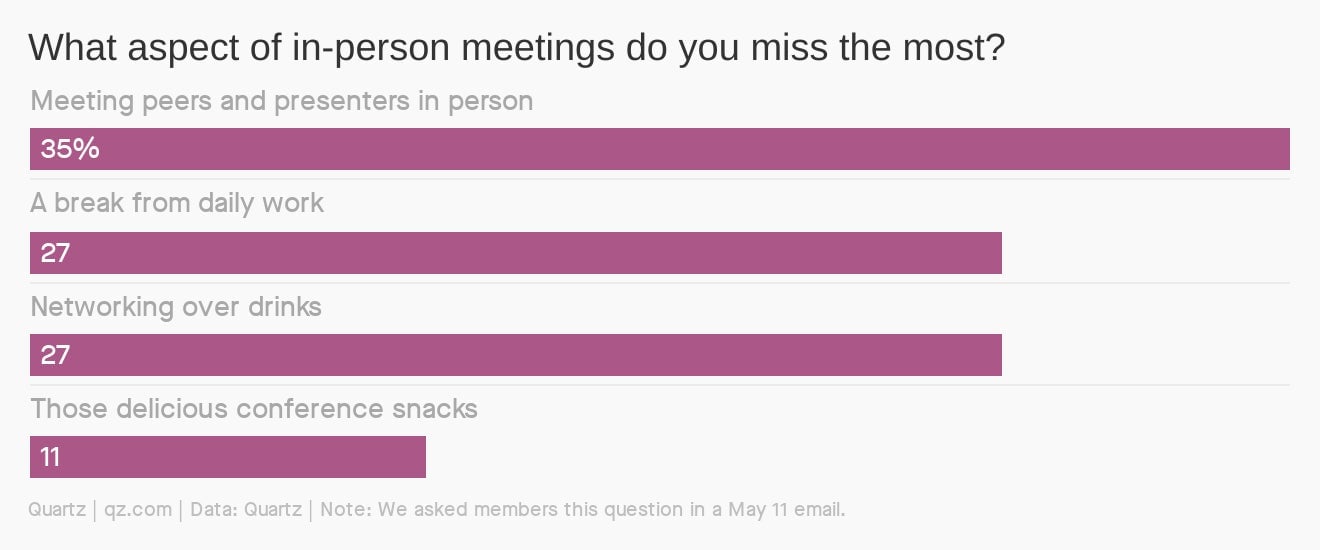This week in membership: Global trade, rerouted
{{section_end}} {{section_start}}

{{section_end}} {{section_start}}
🤔Here’s Why
1️⃣ Globalization has made our trade system more vulnerable to disruption. 2️⃣ The pandemic is forcing the world to confront that fragility in real time. 3️⃣ For the first time, many consumers worldwide are seeing how supply chains affect their daily lives. 4️⃣ Companies that have fared best have resilient supply chains. 5️⃣ For others, this moment offers the opportunity for introspection that just might help them survive the next crisis.
📝 The Details
1️⃣ Globalization has made our trade system more vulnerable to disruption.
This is, perhaps, counterintuitive—there are more places to source more products, so you’d think that would give companies more options. Instead, nodes in a supply chain have become more singular and specialized. Vaccines are one example of a product that is the result of an immensely complicated, interwoven network of supply chains. In order to meet the global demand for a Covid-19 vaccine, researchers will need to use everything at their disposal. That includes a supply chain that can handle different stressors.
2️⃣ The pandemic is forcing the world to confront that fragility in real time.
Earlier this year, when Covid-19 shut down much of China, fashion supply chains slammed to a halt. It wasn’t just because China is the world’s largest clothing producer, accounting for about 32% of all clothing exported in 2018. Critically, China also produces most of the raw materials that factories in other countries depend on to stitch together finished garments.
The crisis is expected to drive numerous changes, including a shift in production out of China, in the supply chains of industries from fashion to drug manufacturing. About 46% of the executives surveyed said they expect “nearshoring”—the process of producing closer to customers and avoiding the long shipping times from Asia—to increase in the next year.
3️⃣ For the first time, many consumers worldwide are seeing how supply chains affect their daily lives.
Last year, the US produced more than 103 billion pounds of beef, pork, and chicken. As workers in several of the biggest US meatpacking plants have fallen ill with Covid-19, many production lines have been halted, changing the fortunes of meat producers in 2020 and even beyond.
The key reason why the US meat industry is struggling with the virus has everything to do with how the country’s meat system is set up. The virtue of the system is that it’s incredibly efficient. The downside is that, if anything happens that requires any of the plants to unexpectedly halt production lines, it could have an outsized impact on the larger system. That translates to shortages that can be felt acutely at the consumer level.
4️⃣ Companies that have fared best have resilient supply chains primed for disruption.
As the coronavirus pandemic plunged the world toward a likely recession, Nestlé, the Swiss-based food provider, has remained strong. It helped, of course, that Nestlé makes a lot of products that were in particularly high demand during global lockdowns, such as coffee, pet food, and shelf-safe prepared foods. But it was also able to get its products to consumers worldwide, thanks to rock-solid supply chains.
5️⃣ For others, this moment offers the opportunity for introspection and innovation that just might help them survive the next crisis.
Because ethanol is a major ingredient in hand sanitizer, a crucial part of sanitizer production is making sure manufacturers have access to enough of it. And companies are getting creative. With a Covid-19 vaccine still months away at the earliest, demand for hand sanitizer is expected to remain high. But already, businesses are trouble-shooting manufacturing processes and mapping out ways to deal with a global surge in demand alongside widespread supply and transport disruptions.
📚Read the field guide
Coronavirus is a moment of reckoning for global supply chains
📣 Sound off
Do you think supply chains will change when this is over?
Last week we asked you what aspect of in-person meetings you missed the most as part of our guide on the reboot of virtual conferences. Here’s what you said:
